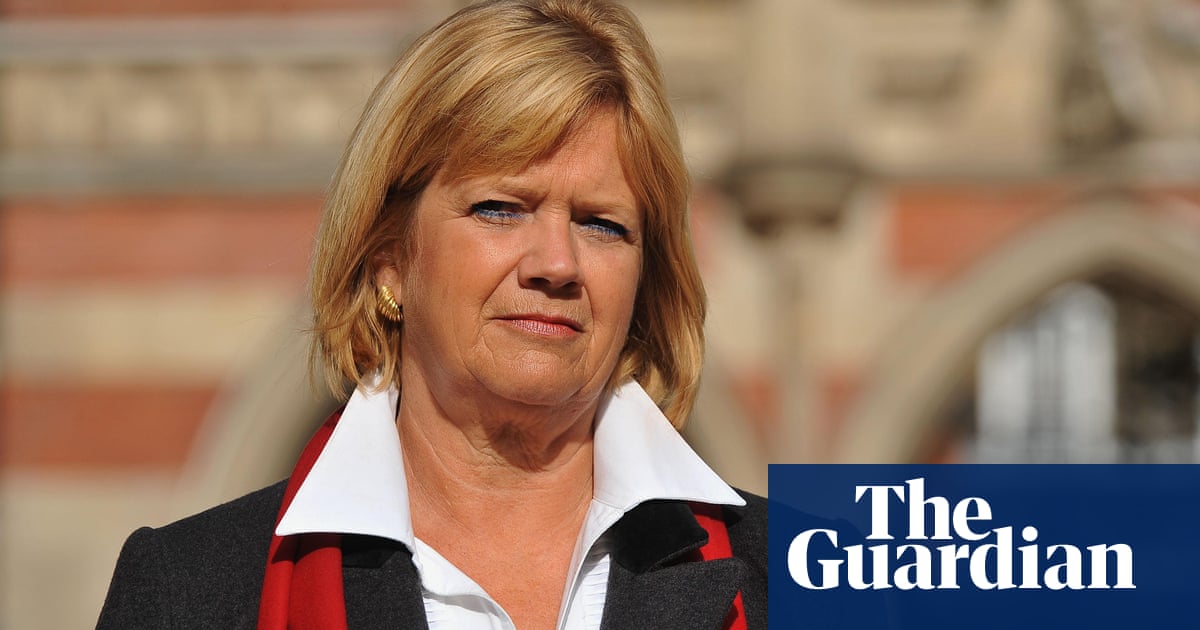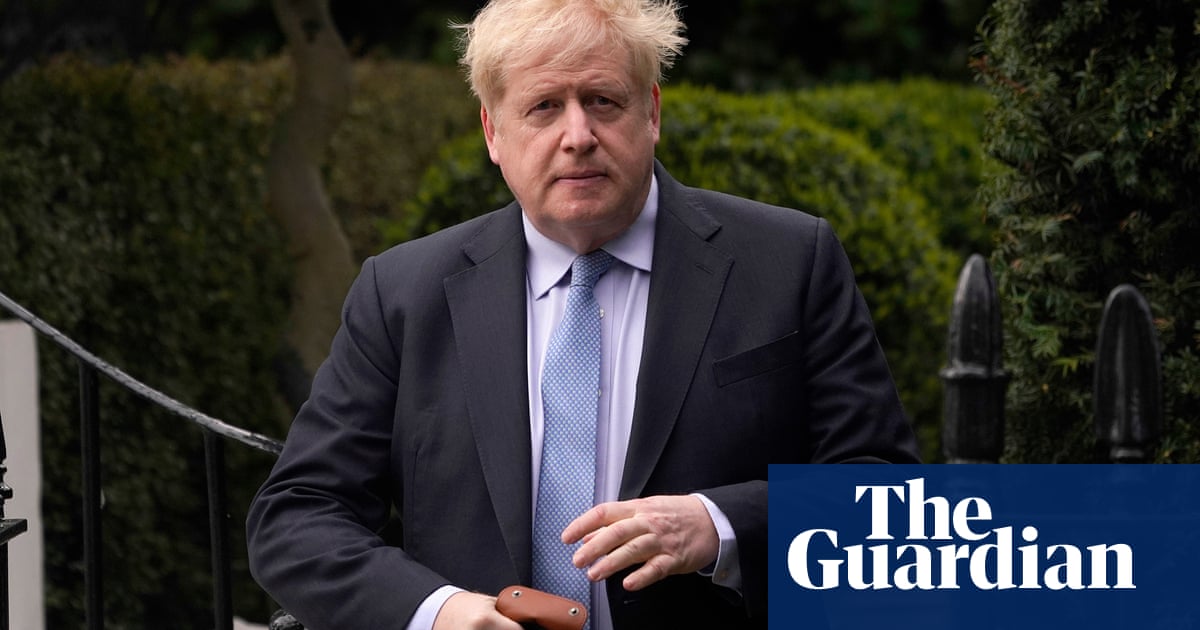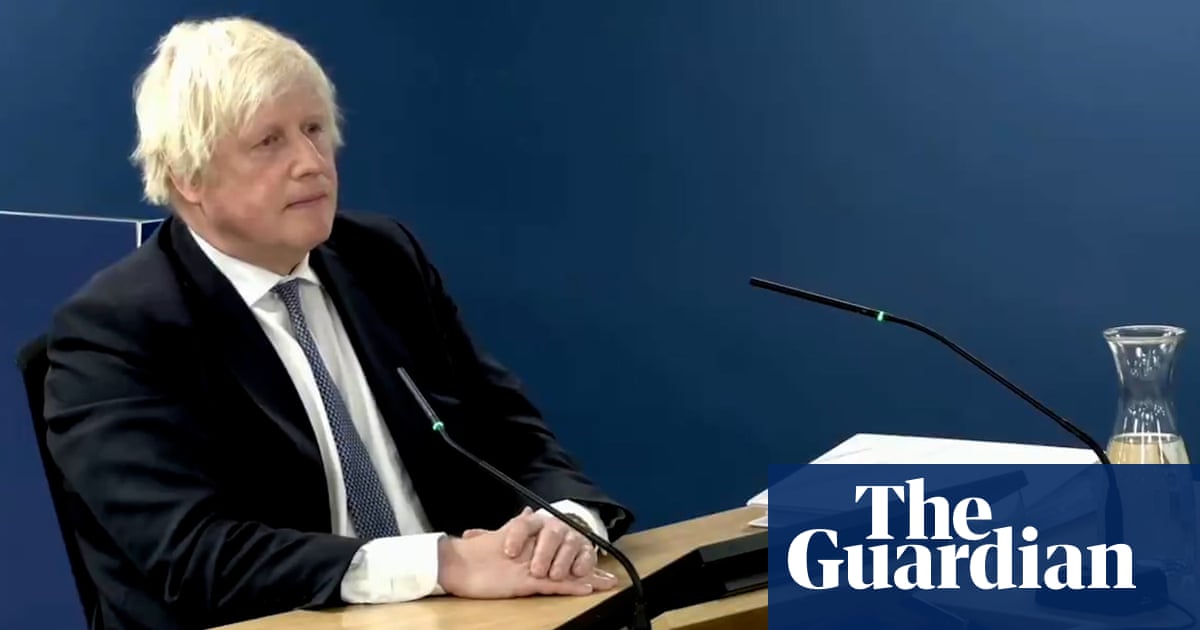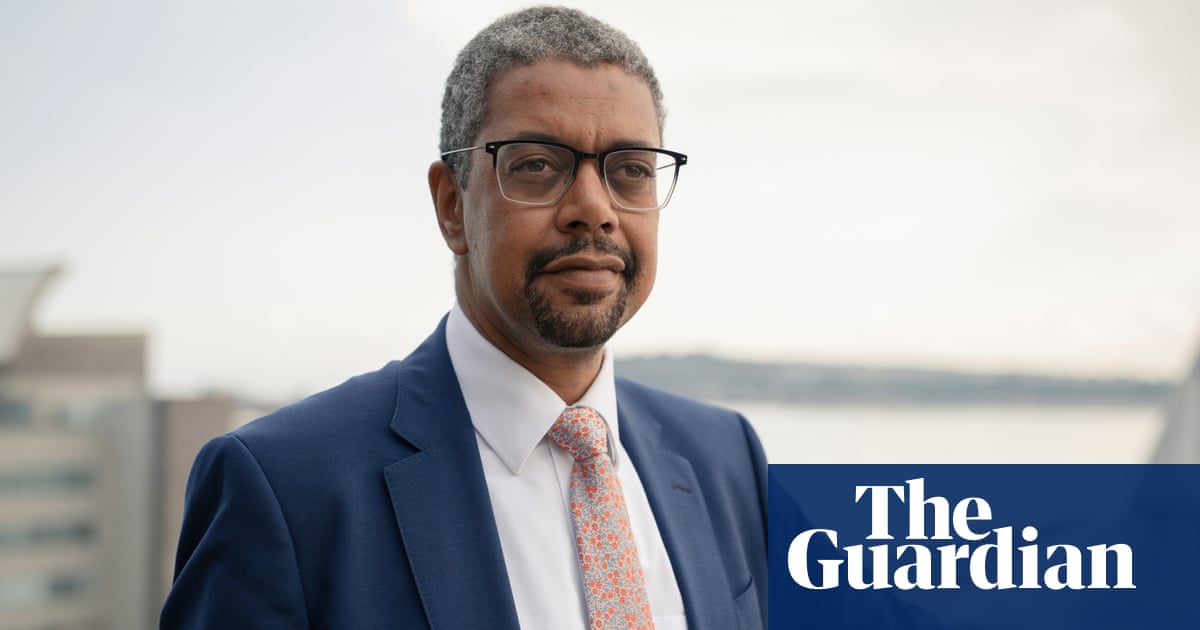
The Covid-19 public inquiry’s chair has insisted the investigation will not be a “whitewash”, after a journalist claimed that concern over its integrity had prompted her to publish private messages shared with her by Matt Hancock.
Heather Hallett delivered an implicit rebuke to Isabel Oakeshott after Oakeshott leaked 100,000 WhatsApp messages involving the former health secretary from the height of the Covid-19 pandemic, which are claimed to show he dismissed expert advice to test anyone entering a care home for coronavirus.
The messages were shared with Oakeshott by Hancock while the pair were working on his memoir, Pandemic Diaries, and Oakeshott said she gave them to the Daily Telegraph because the Covid inquiry would take “many years” and could be a “colossal whitewash”.
Without naming Hancock or Oakeshott, Lady Hallett opened her session on Wednesday with a pointed response.
“Despite the inquiry team working flat out, I know of no other inquiry of its kind in the world, ie one in public, with statutory powers to obtain evidence, with core participants playing important roles and with extraordinarily broad terms of reference. So with respect to certain commentators, comparisons to other countries are unhelpful,” she said.
“Furthermore, I wish to emphasise there will be no whitewash,” added Hallett, who also denied the inquiry would “drag on for decades”.
Caoilfhionn Gallagher KC, representing the TUC, endorsed Hallett’s view and said she and her client “do not recognise the implicit slur” that she would preside over a “cover-up”.
Hancock has firmly rejected claims he dismissed expert advice to test anyone entering a care home, labelling the reports “categorically untrue”.
The investigation by the Telegraph claims England’s chief medical officer, Prof Chris Whitty, told Hancock in April 2020 that “all [people] going into care homes” should be tested, and recommended “segregation whilst awaiting result”.
According to leaked messages published by the newspaper, Hancock rejected the guidance, telling an aide the move “muddies the waters”.
A legal counsel for the public inquiry also referred to the affair, stating that “in light of press reports about Mr Hancock’s WhatsApp messages”, people were being encouraged to come forward with any data that the inquiry may not have.
Hugo Keith KC gave details of a range of mandatory requests for evidence and records, including “informal” notes and correspondence, that the inquiry had sent out to a range of figures who served or are serving in government.
“We have cast our net, my Lady, widely and with a fine mesh. I should say that in respect of government employees, arrangements are being made to reassure civil servants that they can come forward and give evidence freely,” he said.
A lawyer for bereaved relatives told the chair that, after the Hancock reports, they needed “more than ever” to fully understand what records the public inquiry was requesting from whom.
They needed to be able to assist in identifying any gaps in the disclosure of documents and messages, Anna Morris KC told the inquiry, which also heard a call from a lawyer representing Scottish families for clarification that Hancock had disclosed the messages that had recently been leaked.
“The families deserve to be in the inquiry’s circle of trust. They do not deserve to be left reeling from media revelations regarding documentation that I’m sure your team will agree is clearly within the scope,” said Morris, who represents Covid-19 Bereaved Families for Justice.
Morris pressed the inquiry to plan for a risk that there could be witnesses who, in her words, may be “reluctant to engage with the full scrutiny of the inquiry, and who may choose instead to hide the lie and hide a reliance on parliamentary privilege.”
She said: “One can think of examples of parliamentarians who, when faced with statements made outside of parliament or on WhatsApp messages which conflict with what was said within parliament, may decline to repeat in a witness statement what they did state on the record in parliament and claim that there is no requirement that they do so using parliamentary privilege as a justification.”
Hallett rejected outside accusations that the inquiry was failing to examine the issue of racism, saying it was “very much something we intend to do”.
She said: “There is no question of any group being sidelined or that I am not listening to them. I am. The only question is how we ensure we investigate inequalities properly, and we investigate properly the disproportionate number of deaths in particular groups and communities.”
The inquiry has been facing calls to consider structural racism in every part of its investigation after it emerged that almost all minority ethnic groups were more likely to die from the virus than white British people.
Earlier this month, the lead counsel to the government-commissioned inquiry said it was not planning to consider structural racism in the first module of the inquiry, examining pandemic preparations. But bereaved families and campaigners have said all 11 modules of the sprawling investigation must consider the matter.
Hallett said on Wednesday that she would continue to hear submissions on whether she should instruct an expert in the field of institutional racism.
Keith endorsed the chair’s remarks about the inquiry examining the disproportionate impact of Covid on BAME communities, telling her: “Far from being ignored, it runs like a steel wire through the entirety of our work.”
However, he said the inquiry could not itself find that racism was institutionalised. This was a “wider and more complex issue”, he said.












